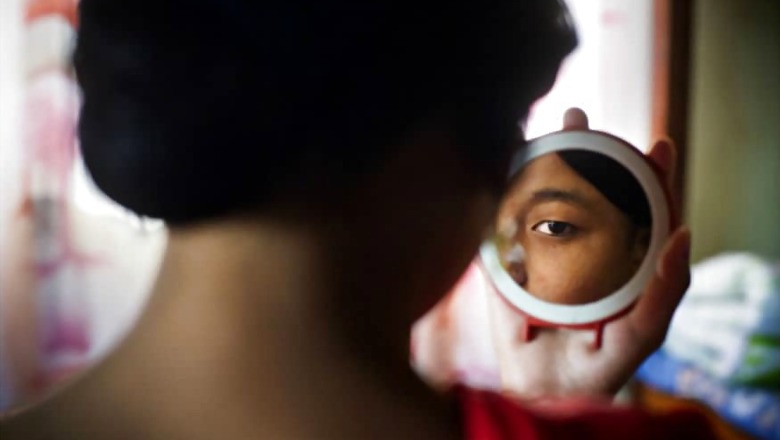
views
New Delhi: The Delhi government has planned to set up night courts to provide speedy justice to victims of trafficking, introduce corpus funds for their rehabilitation besides several other initiatives under its proposed policy.
Under the draft policy on rehabilitation and combating trafficking of women and children, the AAP government has supported initiatives like video conferencing to enable the victims to narrate their story without being physically present in the court.
The policy, which has been put for comments from all stakeholders and departments, advocates review of the licensing mechanism of all massage parlours, bars and beauty parlours in the city.
It also talks about providing legal aid to the rescued victims to come out against their violators.
The AAP government has sought comments at [email protected] within 30 days on the draft policy, an official said, adding that it will be sent to the cabinet later.
The official said considering the seriousness of the problem of trafficking of women and children, the government will have a "comprehensive" action plan covering all the aspects such as prevention, anti-trafficking, rescue, repatriation, health care, education and economic empowerment.
The proposed policy also identifies Delhi as a "destination area" for trafficking of women and children from various parts of the country and its neighbouring nations.
"The government will create funds/non-lapsable corpus funds for combating trafficking of women and children for their rehabilitation, repatriation, and for providing shelter and immediate relief to the victims of commercial sexual exploitation, including those housed in a protective home," the proposed policy stated.
The official said various committees at state and district level will be formed beside anti-trafficking squads in every district.
"The government has also decided that necessary legal reforms will be introduced for ensuring effective and speedy justice by setting up night courts to prevent keeping the victims in police custody at night.
"The policy will also ensure police protection of NGOs, social workers of an advisory board and government functionaries in the discharge of their duties in red light and high-risk areas," he said.
The policy also proposes setting up of family counselling centres in the high-risk areas along with making it mandatory to bring all child victims of trafficking into the mainstream.


















Comments
0 comment